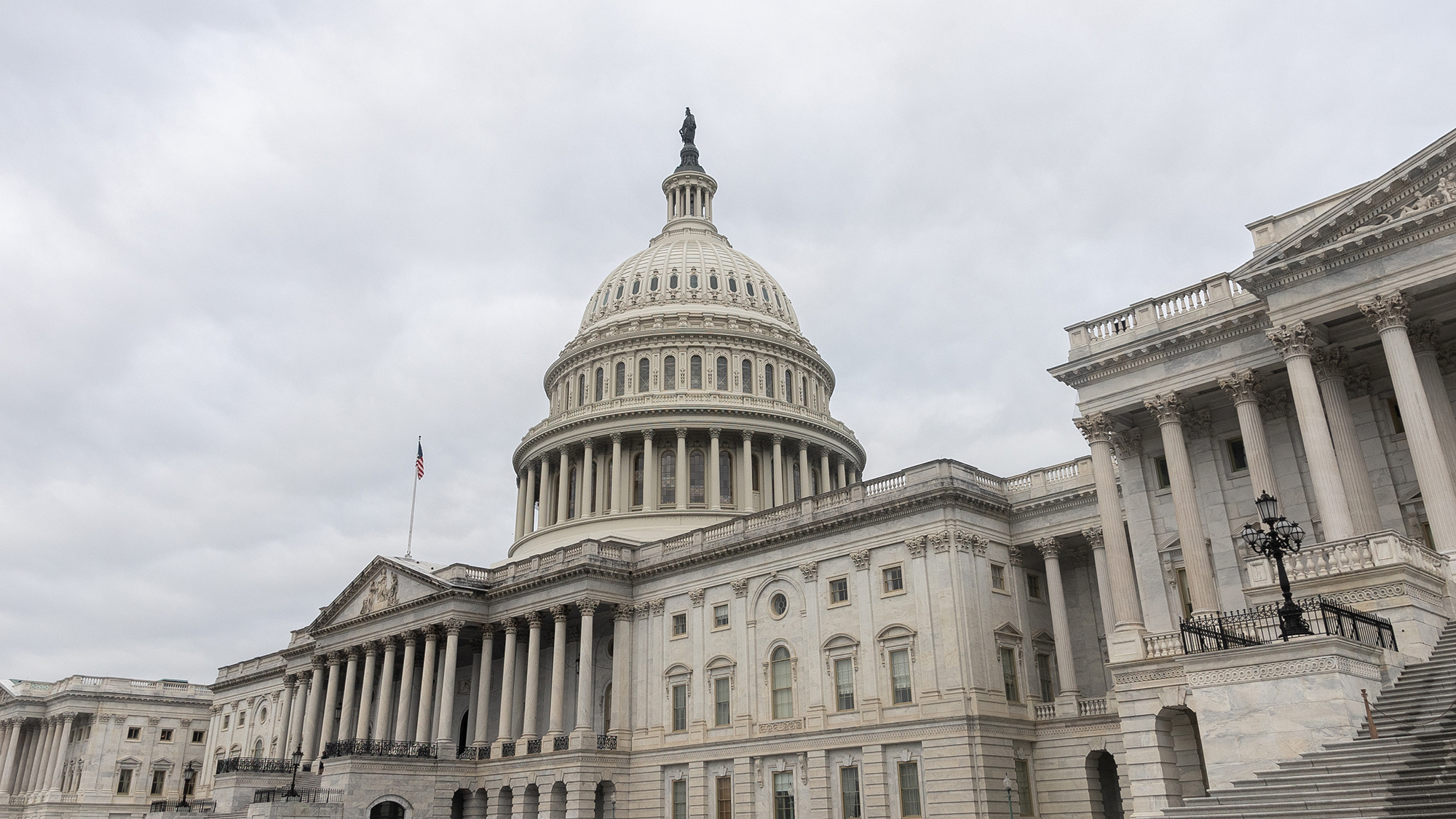Views expressed in opinion columns are the author’s own.
Politicians aren’t known as the most morally sound people, so likening legislative debates to holding the country hostage and for ransom isn’t a far-fetched comparison.
The United States is about to hit the debt ceiling, and if it does, the country would essentially run out of money to cover its costs. That sounds scary, and it is — but it doesn’t have to be. Without a debt ceiling, we could easily get more money.
America borrows a lot. The debt ceiling was created to theoretically put a specific limit on how much borrowing the government could do. Reaching this limit would mean not paying back interest on our existing debt.
That scenario is a default, which is one of the worst things that can happen to a nation’s economy. It could lead to an automatic recession, a stock market crash and an increase in interest rates. An American default in particular would create disastrous effects for the global economy.
But in reality, the debt ceiling is an arbitrary tool used for political weaponization, not financial oversight. Its current use harms the American economy. However, abolishing the debt ceiling would take away the economic risk it unnecessarily introduces and enable more good faith debates on budget spending.
Avoiding a default is one of the most important, current legislative concerns, but that doesn’t mean politicians aren’t above using the threat of one as a bargaining chip. The recent efforts to raise the debt limit and avoid default have been pushed back on by Congressional Republicans seeking to use the opportunity for political benefit.
Today, the debt ceiling is used as political leverage to ungraciously and forcefully take control over the budget. Currently, House Republicans are demanding $4.5 trillion in spending cuts that would come from several important sources. These include restricting SNAP benefits, eliminating student loan forgiveness and removing tax incentives for clean energy. Cutting them would negatively impact citizens.
Yet if there was no debt ceiling, the government could easily function without the risks that come with these untimely debates. In fact, most other countries don’t even have a debt limit.
Raising the debt ceiling isn’t anything new or rare. Congress has raised it 78 times since 1960, 20 of which came after 2001. Despite it being a common practice, the idea of raising the debt ceiling seems to stir drama almost every time it comes up. The fact Congress has to reach a majority vote to raise the debt ceiling and avoid default gives some members unchecked power to demand pretty much anything.
It’s the ultimate game of chicken for each side to try to meet the deadline on their terms. Even when a default is avoided, this game has dangerous consequences. In 2011, the United States made it just 72 hours from defaulting when Republicans took a hard-line stance on spending cuts. Republicans won that fight at the cost of a stock market crash and downgrade in the nation’s credit ranking. America faces the risk of repeating history, as even if a default is avoided, the nation’s credit rating could once again drop.
The debate about the necessity of the debt ceiling is no longer about financial responsibility. The debt ceiling can’t create an environment for good faith debates on spending cuts when politicians must work against the clock and concede bad cuts they wouldn’t approve of under ordinary circumstances.
Reducing our national debt is not a crazy aspiration. But if the debt ceiling does anything at all, it makes that goal harder.
If the thought of no debt ceiling makes you fear for our international image and domestic economic stability, Congress could instead increase it to an egregious amount, so much so that it has no real impact. This would maintain the promise of the ceiling but effectively abolish it.
Without a binding debt ceiling, controlling spending and debt would come predominantly from legislation. This would give members of Congress more time to debate and compromise. Their solutions would be more representative of all citizens’ interests, not just the priorities of those with stubborn representatives.
Politicians shouldn’t be able to use irrevocable harm to the economy as a negotiating tactic time and time again. The fragility of the economy shouldn’t be tampered with through a juvenile game of chicken. It’s time for politicians to grow up and abolish this truly unhelpful tool.
Kyra Freeman is a sophomore philosophy, politics and economics major. She can be reached at freemankyra04@gmail.com.



